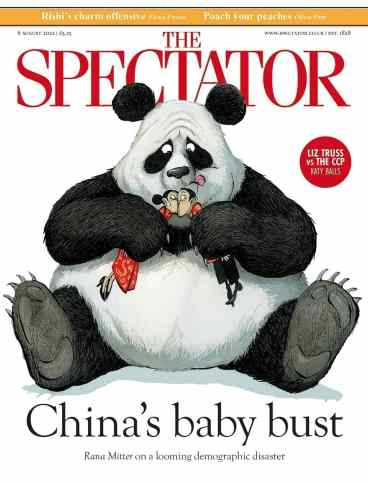The Nazi influence in Egypt
The law of supply and demand is a powerful thing. In the aftermath of the second world war there were many thousands of suddenly underemployed German and Nazi rocket scientists, jet engine technicians, military leaders, chemical engineers, propagandists and other specialists on the international market. While many were snapped up by the Americans and Soviets,














